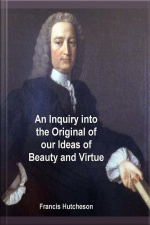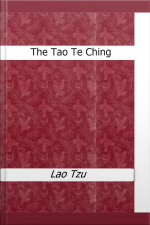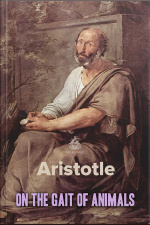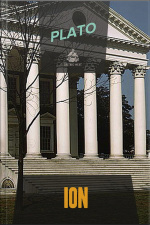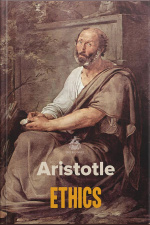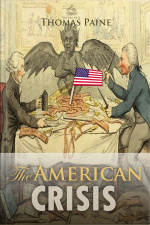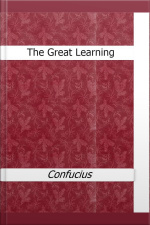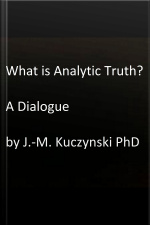One of history's most important political works. Mill declares that "over himself, over his own body and mind, the individual is sovereign". If you are interested in...
A seminal text of the Scottish Enlightenment, this consists of two treatises exploring our aesthetic and our moral abilities.
The Tao Te Ching, Daodejing, Dao De Jing, or Daode jing , also simply referred to as the Laozi, is a Chinese classic text. The text's true authorship and date of composition...
We have now to consider the parts which are useful to animals for movement in place (locomotion); first, why each part is such as it is and to what end they possess them; and...
The Ion is the shortest, or nearly the shortest, of all the writings which bear the name of Plato, and is not authenticated by any early external testimony. The grace and beauty...
The Ethics of Aristotle is one half of a single treatise of which his Politics is the other half. Both deal with one and the same subject. This subject is what Aristotle calls in...
The American Crisis was written as series of pamphlets during the American Revolution period, when colonists needed inspiring works. They were written in a language that the...
The Great Learning was one of the "Four Books" in Confucianism. The Great Learning had come from a chapter in the Classic of Rites which formed one of the Five Classics....
In this dialogue, it is made clear what analytic truth is, why such truths exist, and what their role is in the acquisition of knowledge.
The philosophy of mind describes the pattern of the Idea as manifesting itself in dialectical reasoning.

